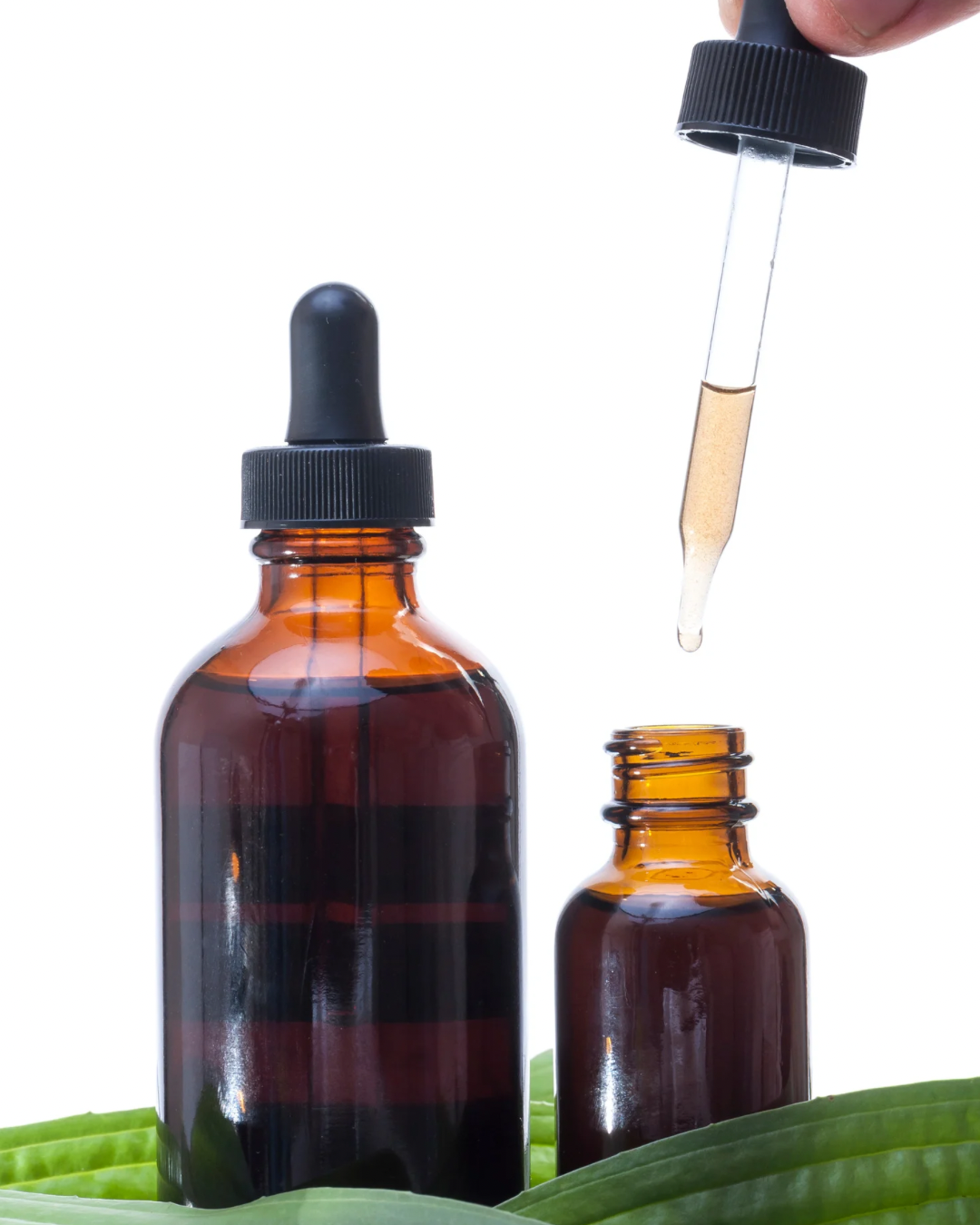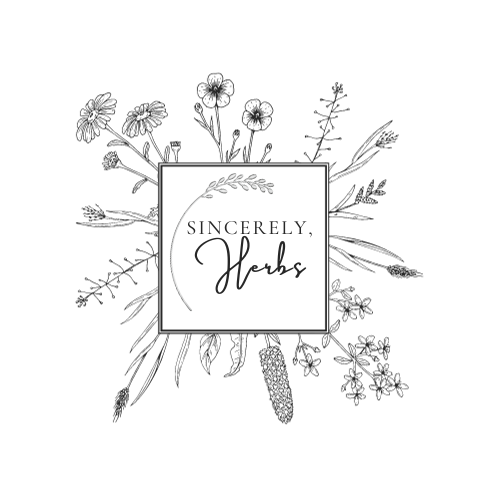
The Power of Tinctures
A Timeless Herbal Remedy You Can Make at Home
Tinctures are one of the most time-tested tools in the world of herbal medicine, having been used for centuries by herbalists and in folk traditions around the globe. Since tinctures have recently been added to our product lineup, I wanted to share some essential information to help you better understand what they are and why they’re so widely used. Simply put, tinctures are concentrated herbal extracts made by soaking plant material—such as leaves, roots, flowers, or even bark—in a high-proof alcohol like vodka. This infusion process, typically lasting 4-6 weeks, allows the alcohol to extract the plant’s medicinal properties, resulting in a potent liquid that’s easy to dose and store.
What makes tinctures so appealing is their simplicity and effectiveness. They offer an affordable and convenient way to harness the healing power of plants without the need for fancy equipment or a lot of space. All you really need is a jar with a tight-fitting lid, an alcohol base, and the plant material of your choice. The best part? When stored correctly, tinctures can remain potent for years, making them a long-lasting addition to your herbal remedy collection.
For example, if you were to craft a tincture using St. John’s Wort—utilizing both the leaves and the flowers—you’d create a natural remedy known for its potential to alleviate mild symptoms of depression. A tincture made from Valerian root, on the other hand, could be a great ally in improving your sleep quality. Or perhaps you’ve experienced nausea from motion sickness or digestive upset—by creating a ginger root tincture, you’d have an on-the-go, easy-to-use remedy to keep in your bag for quick relief.
While I am an enthusiastic advocate for herbal remedies, I must stress something very important: Always do your research before diving into tincture making. Not all plants are safe, and some may interact negatively with medications or exacerbate existing health conditions. The world of herbalism is rich and rewarding, but it also requires a solid foundation of knowledge. Make sure you’re familiar with the plants you’re using and cross-reference any new information before starting a tincture or other herbal remedy. If you’re already under the care of a healthcare professional, especially for chronic health issues or if you’re on medication, it’s always wise to discuss any herbal practices you’re considering, ensuring they won’t interfere with your current treatment.
Herbalism, like any other practice rooted in natural medicine, demands responsibility and respect. With the right knowledge, tinctures can be a powerful, safe, and accessible way to tap into the healing potential of nature. So, if tincture-making is calling to you, take the time to educate yourself, and always approach your herbal experiments with care. If herbal tinctures have piqued your interest, but you are not up for making your own, you can find them in the shop. If you can’t find one that fits your needs, feel free to reach out to me at sincerelyherbs@gmail.com for a request.
